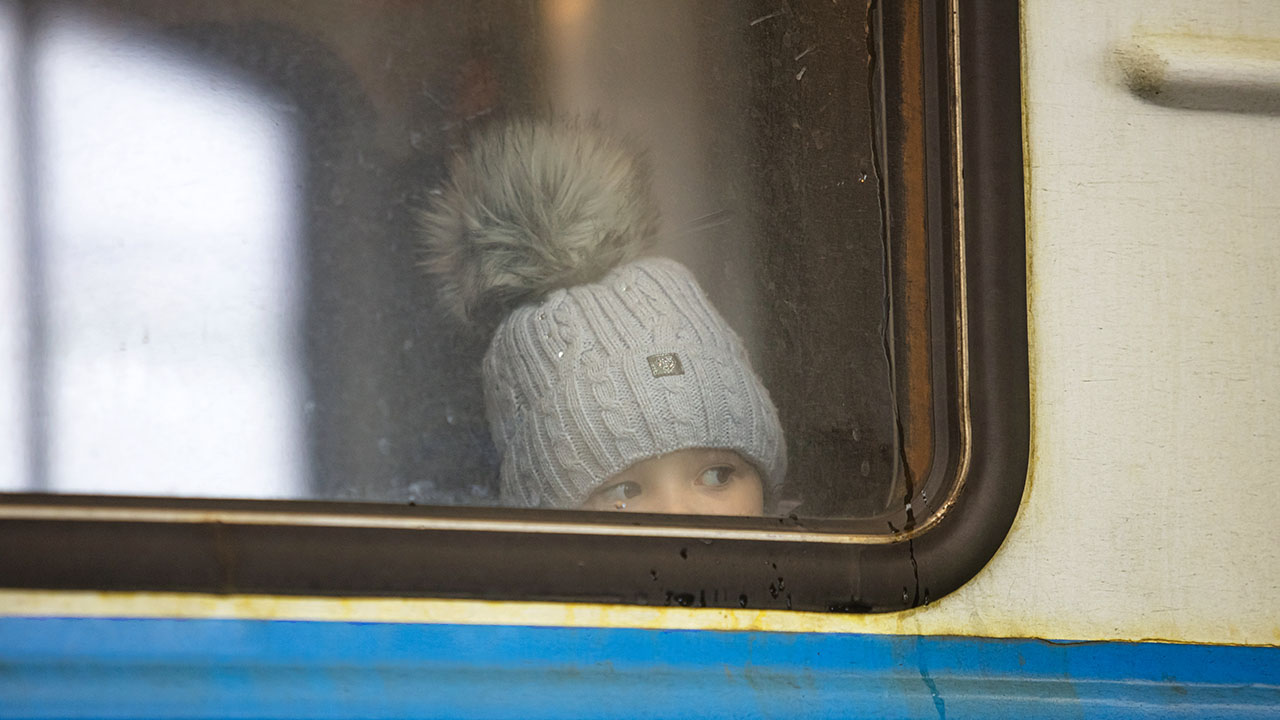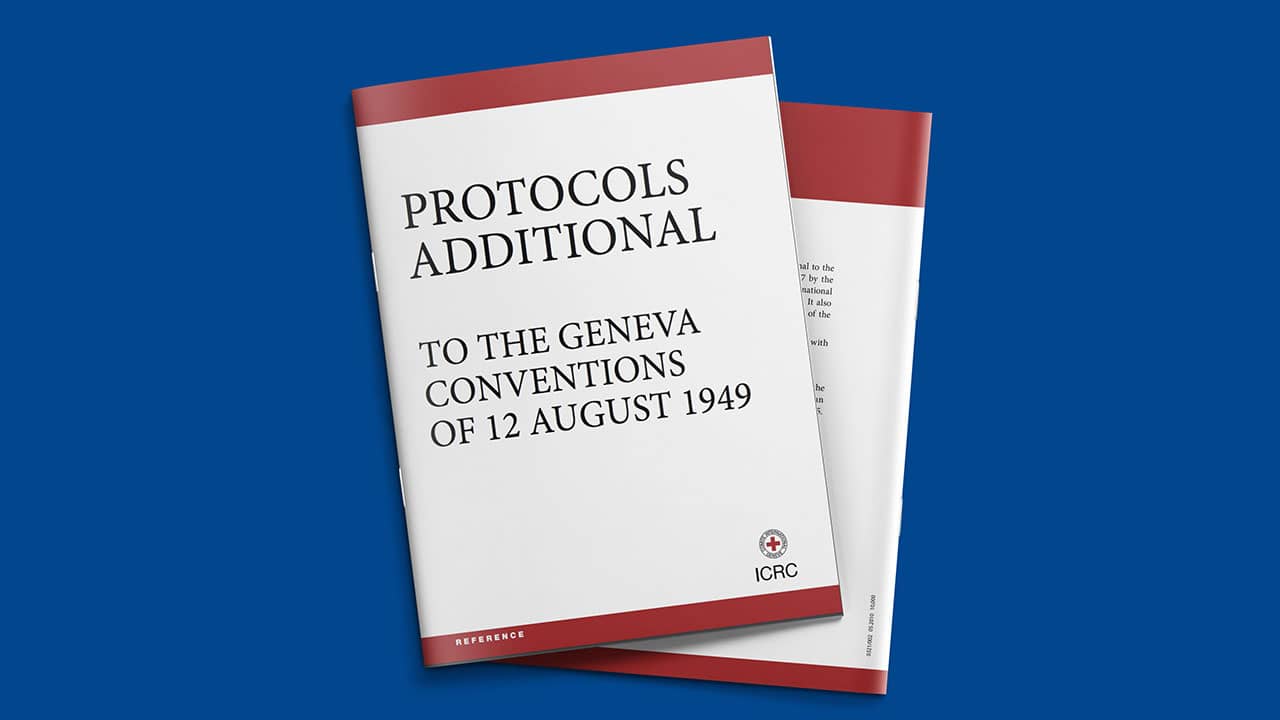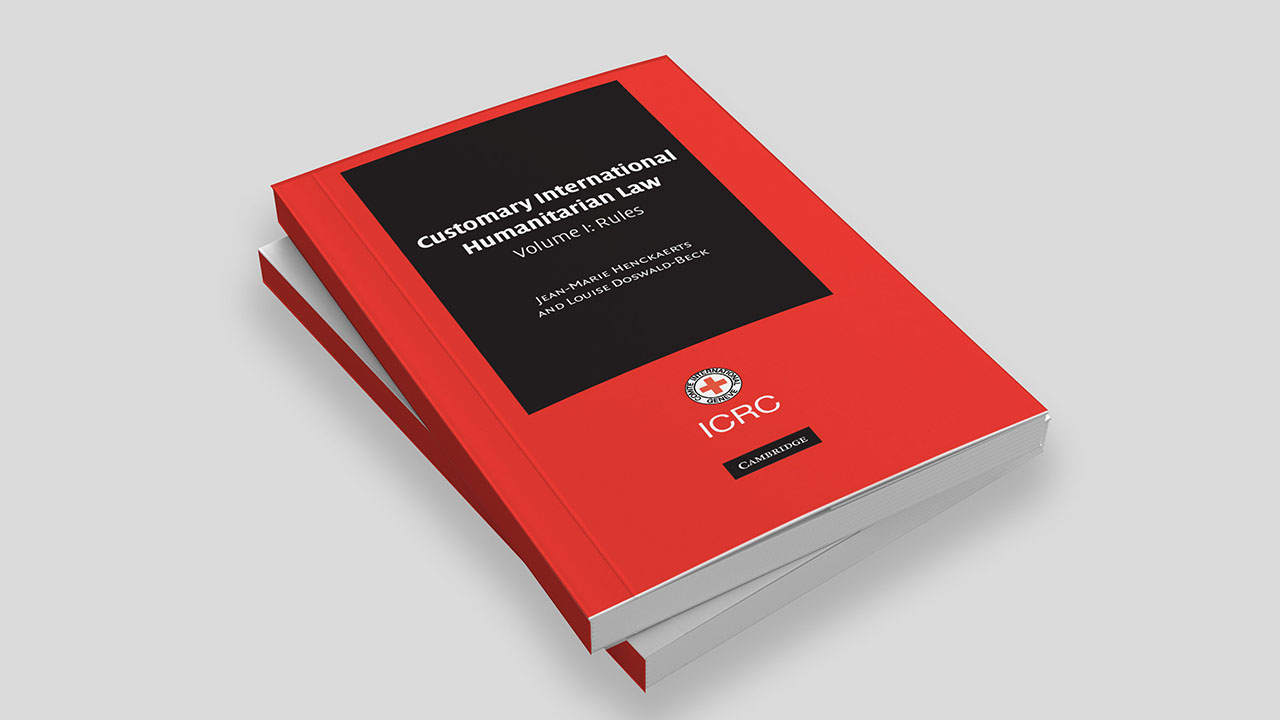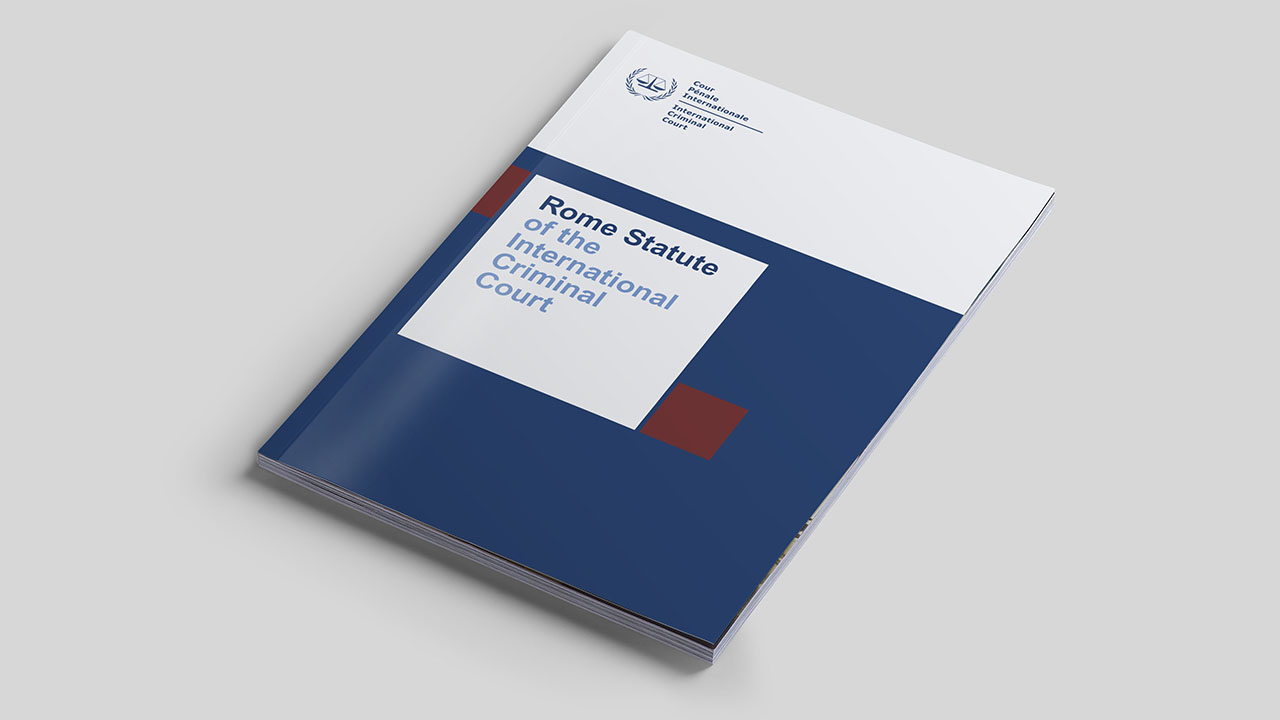
On 24 February 2022, the Russian Federation invaded Ukraine, its sovereign and democratic neighbor after it had amassed almost 200,000 Russian troops at the Ukrainian borders. This premeditated, unjustified, and unjustifiable invasion, firmly condemned by PGA, represents an act of aggression by the Russian Federation against Ukraine in violation of the UN Charter and customary international law.
On 1 March, the European Parliament passed a resolution “condemning in the strongest possible terms the Russian Federation’s illegal, unprovoked and unjustified military aggression against and invasion of Ukraine, as well as the involvement of Belarus in this aggression” and "demanded that the Russian Federation immediately terminate all military activities in Ukraine, unconditionally withdraw all military and paramilitary forces and military equipment from the entire internationally recognized territory of Ukraine, and fully respect Ukraine’s territorial integrity, sovereignty, and independence within its internationally recognized borders.”
In a similar vein, on 2 March UN General Assembly (UNGA) convened an extraordinary session under a “Uniting for Peace” procedure, after the failure of the UN Security Council to pass a resolution under Chapter VII due to the veto by the Russian Federation as one of its P5 members. The UNGA resolution, adopted by 141 countries, deplored in the strongest terms “the aggression by the Russian Federation against Ukraine” and demanded that Russia “immediately, completely, and unconditionally withdraw all of its military forces from the territory of Ukraine within its internationally recognized borders.” Although the UNGA Resolution is not legally binding, it expressed the views of the UN membership as a whole and was aimed at increasing pressure on Moscow and its ally, Belarus.
Unfortunately, as reported by numerous sources, Russian armed forces continue committing atrocities that may qualify as war crimes or crimes against humanity, including attacks against civilian objects, resulting in the death of hundreds of civilians. In light of the recent events, the International Criminal Court Prosecutor announced the opening of an investigation into the situation in Ukraine on 2 March 2022 - a development that PGA had been calling for since the first day of the invasion.
Applicable Law
The Four Geneva Conventions of 1949 and its two 1977 Additional Protocols place the protection of civilians at their core. Russia has signed and ratified the Geneva Conventions and Additional Protocols I (Protection of Victims of International Armed Conflicts), II (Protection of Victims of Non-International Armed Conflicts), as well as III (Adoption of an Additional Distinct Emblemed). Other international instruments/treaties, to the extent they integrate International Humanitarian Law, are also of relevance.
Considering the current war of aggression, which amounts to an International Armed Conflict (IAC), instigated by the Russian Federation against Ukraine, and the recent attacks on 4 March 2022 on the Ukrainian Nuclear Plant in Zaporizhzhia, relevant provisions of the Geneva Conventions, Additional Protocols I and II, and Customary International Law should be taken into consideration.








